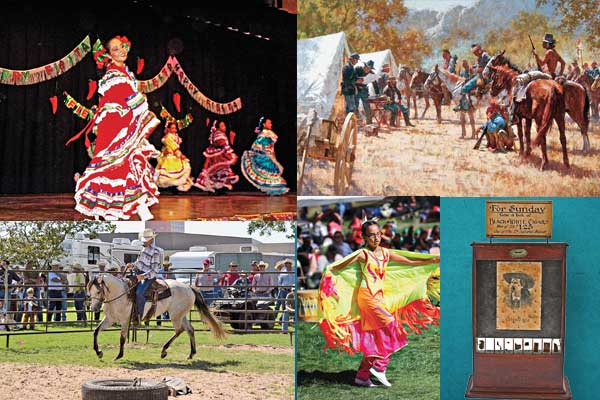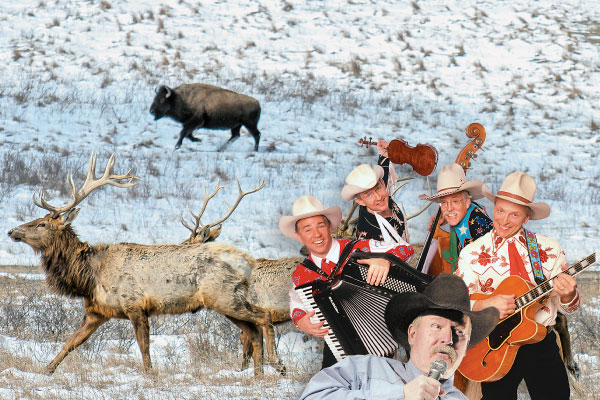 Where does “Arizona” come from?
Where does “Arizona” come from?
Daniel Welsch
Madrid, Spain
Some claim the Southwestern state’s name comes from the Spanish zona arida, translated as “arid zone.”
Another version states it comes from a Tohono O’odham village about 25 miles southwest of Nogales, called Ali-Shonak, meaning “Place of the Small Spring.” Ali-Shonak didn’t easily roll off Spanish tongues, so the Spanish corrupted it to Arizonac or Arisona. When the Americans arrived more than a century later, following the 1854 Gadsden Purchase, they corrupted it again to Arizona.
The late Don Garate, chief of interpretation and historian at Tumacácori National Historical Park, disputed that claim. He stated the name originated from the Basque term arizonac, translated as the “good oak trees.”
In 1736, when boulders of silver, some reportedly as huge as 4,000 pounds, were discovered near Ali-Shonak, a legion of miners or gambusinos converged there. Given the region’s abundant oak trees, Basque residents called the place Arizona.
Garate noted at least a dozen other places in the New World with the name Arizona, including in Argentina, Brazil, Honduras and Columbia. Large numbers of Basque lived in all those areas, among the oak trees, which provided the acorns the Basques fed to their pigs, as they had done in their home country of Spain.
***
Marshall Trimble is Arizona’s official historian. His latest book is Wyatt Earp: Showdown at Tombstone. If you have a question, write:
Ask the Marshall, P.O. Box 8008, Cave Creek, AZ 85327 or e-mail him at marshall.trimble@scottsdalecc.edu






